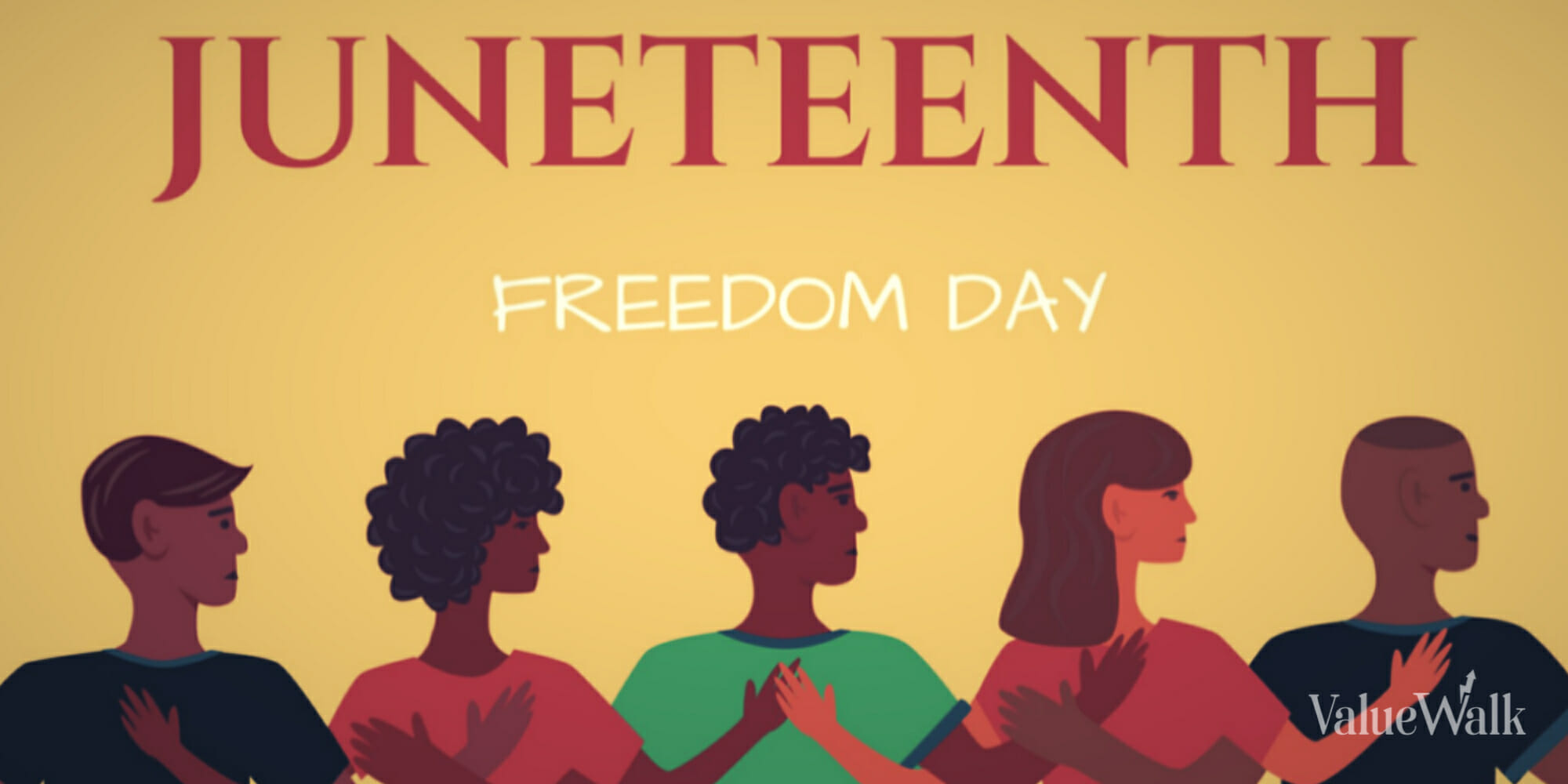This Juneteenth, Let’s Stop Killing Black Babies; Legal Action Can Prevent Unnecessary Racial Health Disparities
Protecting Black Babies
WASHINGTON, D.C. (June 19th, 2023) – Just as legal action has played a major role in fighting smoking and in protecting the health of nonsmokers, it can also be used this Juneteenth to fight gross racial disparities in health care – including the unnecessary killing of Black babies and preventable excess mortality from lung disease – urges public interest law professor John Banzhaf.
Banzhaf has saved millions of lives and billions of dollars in health care costs by using innovative legal actions to slash the rate of smoking, ban smoking in an increasing number of places, eliminate cigarette commercials and billboards, and force tobacco companies to pay hundreds of billions of dollars in reparations.
Here are two novel ways legal actions can and should be brought in the District of Columbia to continue the ongoing fight against preventable deaths from racism.
While it’s long been known that Black babies are much more likely to die shortly after birth than White ones – in some studies by a 2-to-1 ratio – a recent study suggests one startling explanation.
It found that Black babies are nearly three times more likely to die if cared for by White specialists than Black ones – not because Black babies are inherently or genetically less healthy, or more prone to various diseases, receive different parental care, or for similar reasons.
it’s apparently the care – and/or lack of effective care – provided by two different types of doctors.
The study, published in the Proceedings of the National Academy of Sciences, involved almost 2 million clinic births, roughly between 1992 and 2015.
This huge and otherwise unexplained disparity in infant death rates between different care overseen by White as compared with Black doctors means that the care provided by the White physicians, on the average, is – using the legal “but for” test to determine causation in wrongful death lawsuits – the cause of many Black babies’ deaths.
The D.C. Human Rights Act
While it may be very difficult if not impossible to prove in individual cases how a White physician was negligent in providing less effective life-saving care to a Black infant than a Black doctor would have provided, it may be possible to sue based upon this evidence alone, at least under the D.C. Human Rights Act.
A key portion of this unique law permits law suits – and unlimited monetary damages and penalties, including attorneys’ fees, litigation costs, and civil penalties – if any pattern or practice (even if it cannot be precisely identified, much less proven) has the “effect or consequence” of discriminating on the basis of factors such as race.
More precisely, Section § 1-2532 of the act provides that “any practice which has the effect or consequence of violating any of the provisions of this chapter [i.e., a discriminatory effect based upon factors such as race] shall be deemed to be an unlawful discriminatory practice,” and therefore actionable.
This means that, if in a large hospital, the death rate for Black babies is significantly higher if they are cared for by White doctors as compared with Black doctors, it might be possible for the family of any one infant who died at the hands of a White doctor to bring a class action on behalf of all others who died under the same circumstances, says Banzhaf, who has won over 100 legal actions under this powerful but underutilized statute.
A second example is based on studies which show that lung function tests are failing Black patients, but many hospitals are ignoring expert demands for life-saving changes.
Banzhaf notes that research shows that widely used lung function tests often fail to detect lung disease in Black patients. Unfortunately experts’ demands for new methods of testing are too often being ignored.
Previous studies found lower lung function in Black patients, leading to lower average reference values and “race corrections” in lung tests. But increasingly research shows differences based on race don’t reflect biology, but instead are simply examples of structural racism’s effect on health.
Rather than accounting for inherent differences in lung function, “adjusting” for race instead normalizes poor lung health, prevents diagnosis and perpetuates health disparities and, experts say, the environmental factors that contribute to them.
In an online essay, a group of researchers implored medical professionals to stop using race-based spirometry. “It leads to the underdiagnosis of pulmonary disease in racial minority patients, impacting timely diagnosis, access to effective treatments, and ultimately outcomes,” they report.
This practice, and the unnecessary killing of Black babies, might be attacked in D.C. by using the “effect or consequence” portion of the D.C. Human Rights Act, suggests Banzhaf; a potentially more important way to celebrate Juneteenth than speeches, marches, and proclamations.
That way we can do much more than simply “implore[d] medical professionals,” argues the public health law professor whose been called the “Ralph Nader of the Tobacco Industry,” “Mr. Anti-Smoking,” “One of the Most Vocal and Effective Anti-Tobacco Attorneys,” “a Driving Force Behind the Lawsuits That Have Cost Tobacco Companies Billions of Dollars,” “The Law Professor Who Masterminded Litigation Against the Tobacco Industry,” and a “King of Class Action Lawsuits.”












